On the 6th of November 2019, 67 activists stood in court. They had occupied a farm to draw attention to the dire situation taking place behind the closed doors of Dutch animal farms. While the activists indeed disobeyed the law by entering and filming inside the farms, none of them did so out of self-interest. They were there to show an even greater injustice happening in current society: the systematic and cruel exploitation of innocent sentient beings.
Many activists were arrested that day. They were told they have the right to remain silent. But they already had made their choice. To speak for those who are not heard.
On the day of the occupation, the activists’ shirts quoted Martin Luther King:
One has a moral responsibility to disobey unjust laws.
The activists have lived up to the phrase. They have shown moral responsibility by fighting for a right cause that is backed up by science and reason. And they were punished under the unjust laws they disobeyed.
Within this context, I wholeheartedly agree with the quote, and with me many others. But to some, this quote can come across as anarchistic. Laws are there to protect us, right? True. But when ‘us’ arbitrarily excludes, and thereby harms, other feeling beings, then we should stand up and demand to change these laws to include them. In Martin Luther King’s days, his quote referred to the unjust laws that discriminated between people of different ethnicities. On the particular day of the farm entry, it referred to the unjust laws that discriminate between animals of different species.
Animal justice
Let us start with reason. It is a fact that we humans have outstanding cognitive abilities, with which we are able to shape the lives of other animals. But just because we can doesn’t mean nor justify that we should use our power to oppress other animals.
In human society, we recognise those who are more vulnerable – children, elderly, disabled – as deserving of empathy, protection, and fair treatment. But for many of those who do not belong to the human species, these moral rules do not apply. Instead of looking after them, we exploit these equally sentient and vulnerable beings in the most inhumane ways. We treat them as possessions, products and machines. Because we see them as others and its.
To me, this makes no sense. The fact that they belong to another species is not a legitimate reason to deny them moral rights and -treatment. Treating other beings as having lesser moral worth just because they do or do not belong to a certain species is also known as speciesism. Speciesism is morally and logically as wrong as other forms of discrimination, like racism and sexism (and ageism, and ableism, and so on). Science and common sense tell us that animals can suffer and flourish [1]. Because we have the power to determine their fate, we are morally responsible to consider their interests.
We should treat the ones who are dependent on us like we treat our children. The ones who live alongside us – the bugs, the birds, and the rats – like our neighbours. And the wild ones like our fellow Earthlings. [2]
The moral need for animal rights
There is a very true saying that with great power comes great responsibility. To which I would like to add that with greater power comes greater responsibility. The widening of our circle of moral concern is not only a duty of individual people, but also – and in my opinion even more so – of governments, political systems and the law.
What we need is animals to have legal rights. [3][4]
They should have the right not to be killed.
They should have the right to be free from exploitation and abuse.
They should have the right not to be treated for a means to an end.
They should have the right to a protected home or habitat.
And they should have the right to be defended in court and protected by law.
Somewhere in time, and rather sooner than later, this needs to be written down in some Big Book of Justice. Because if that was the case yesterday, the trial would have had a tremendously different ending.
A final note on activism
While large organizations have the greatest responsibility in realizing animal rights, nothing will happen if individuals stay silent. We have to act, together. If we join forces to increase awareness, knowledge and compassion through education, activism, art, outreach and lobby, we can create an ethical butterfly effect with revolutionary outcomes.
The activists have lived up to Martin Luther King’s phrase. They have shown moral responsibility by fighting for a right cause. And they were punished under the unjust laws they disobeyed.
I think we have the right not to remain silent. To speak for those who are not heard. With reason, science and compassion on our side, we can change the world through peaceful activism. For the animals. Until all cages are empty, all nets are ashore, and all chains are unlocked.
Sources:
[1] Cambridge Declaration of Consciousness
[2] Donaldson, S., & Kymlicka, W. (2011). Zoopolis: A political theory of animal rights. Oxford University Press.
[3] Janneke Vink (2019): The Open Society and its Animals. PhD thesis.
[4] Rose’s Law: Animal Bill of Rights

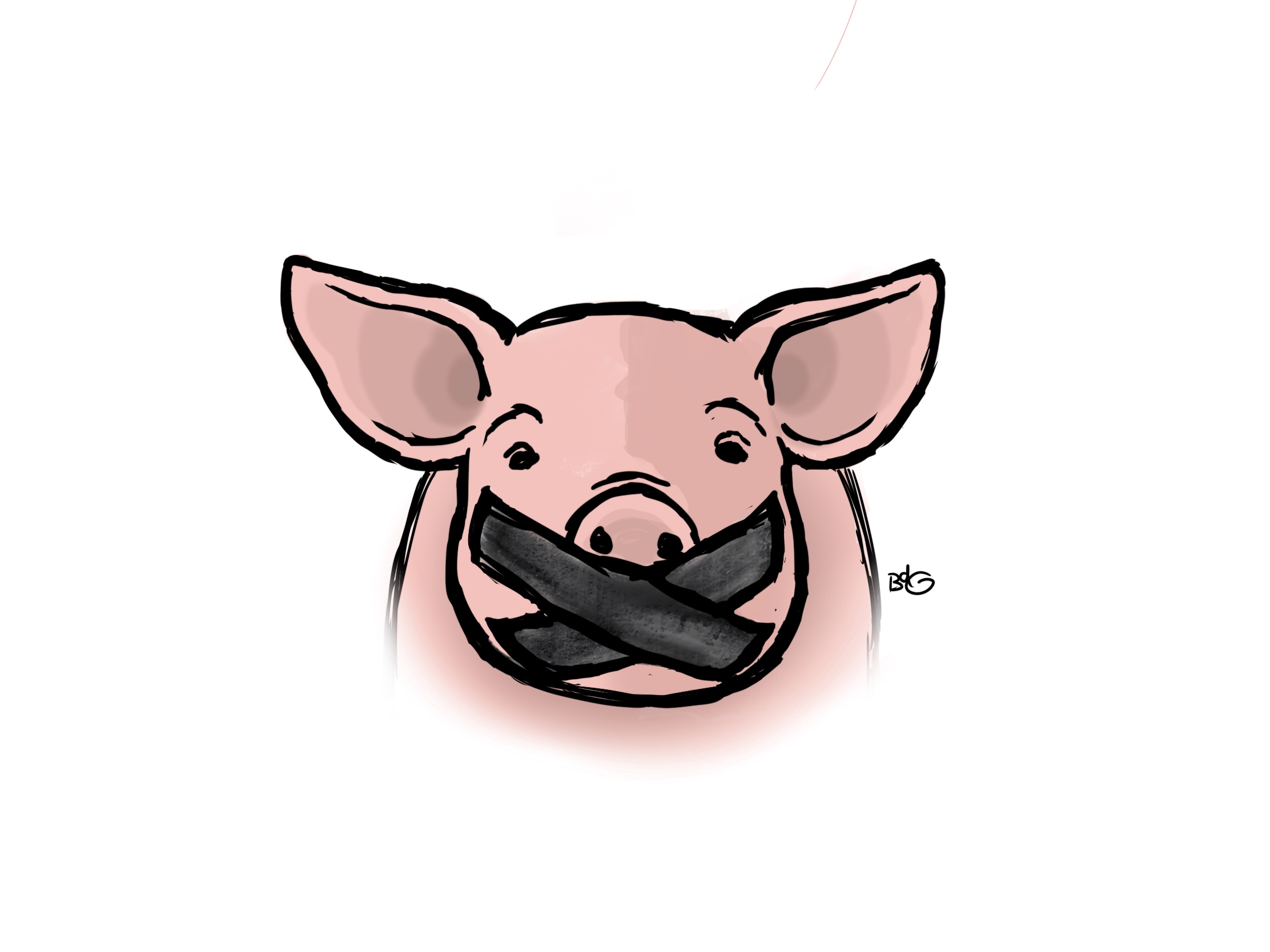




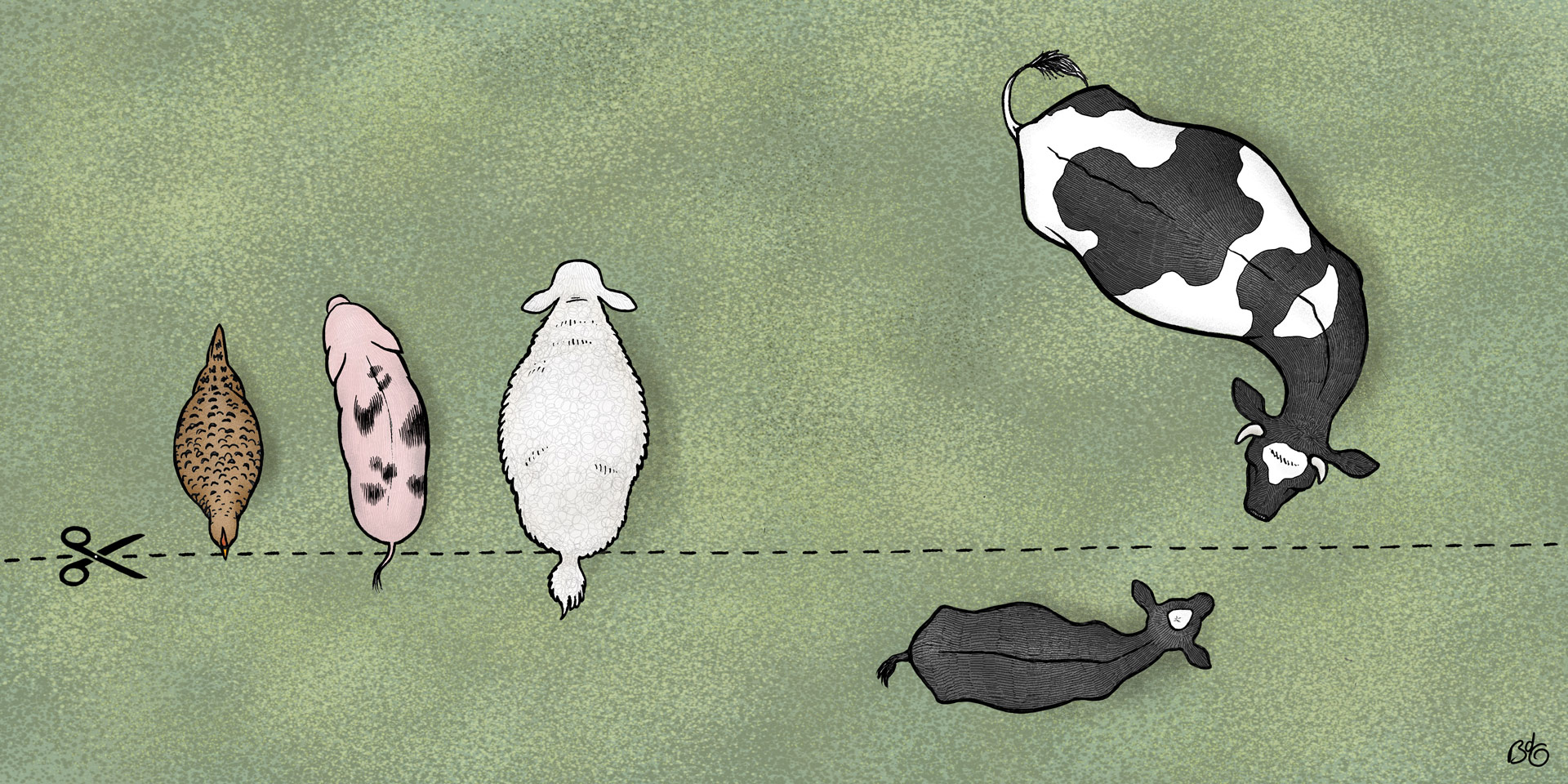





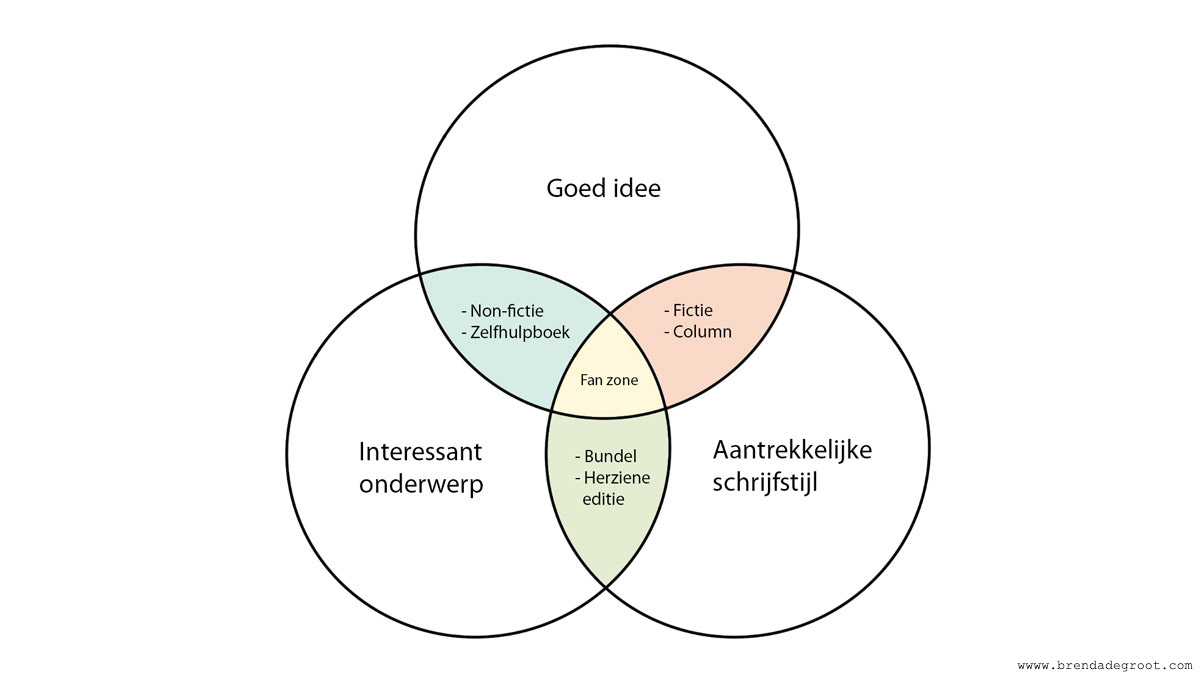





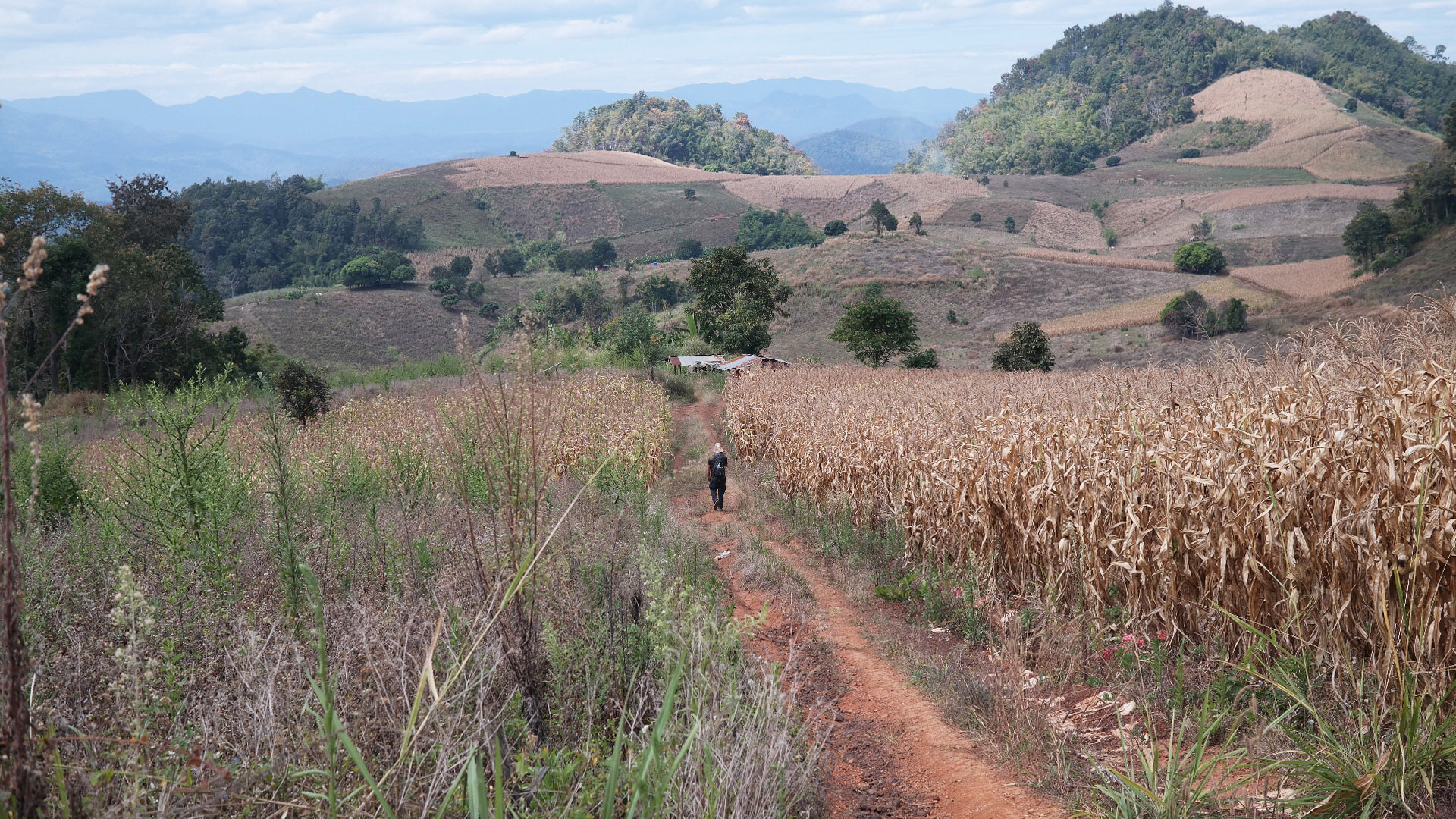
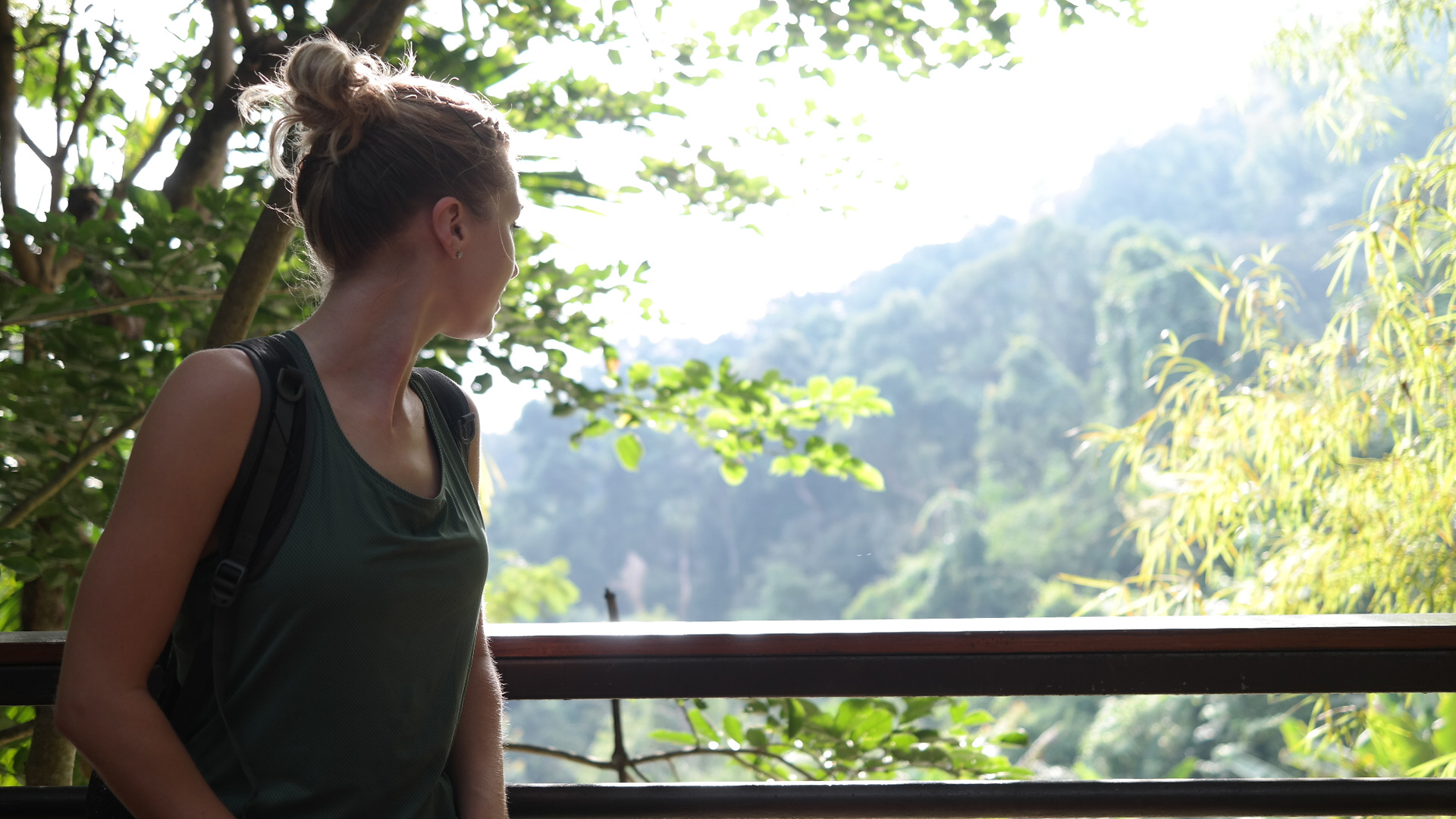
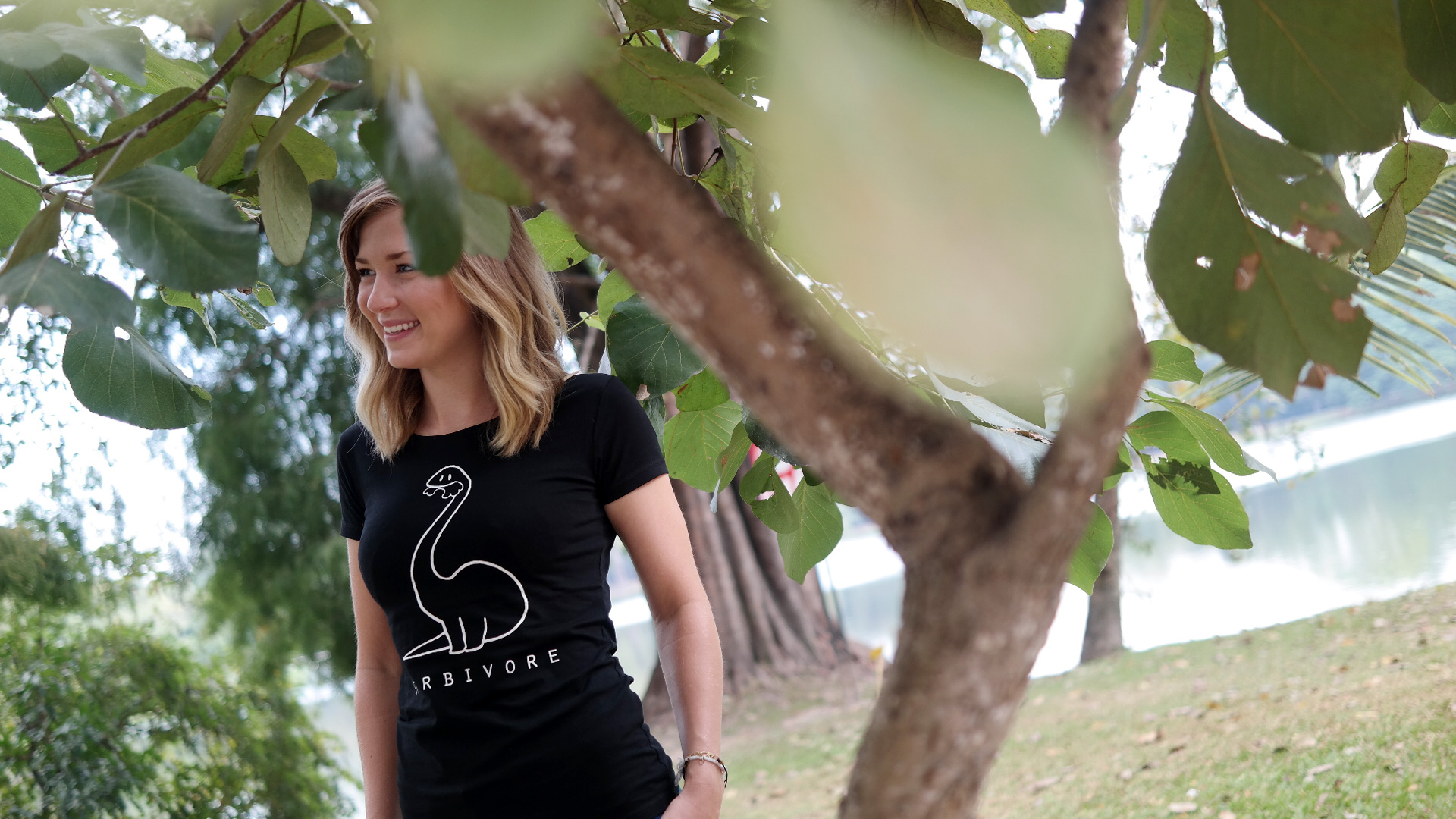

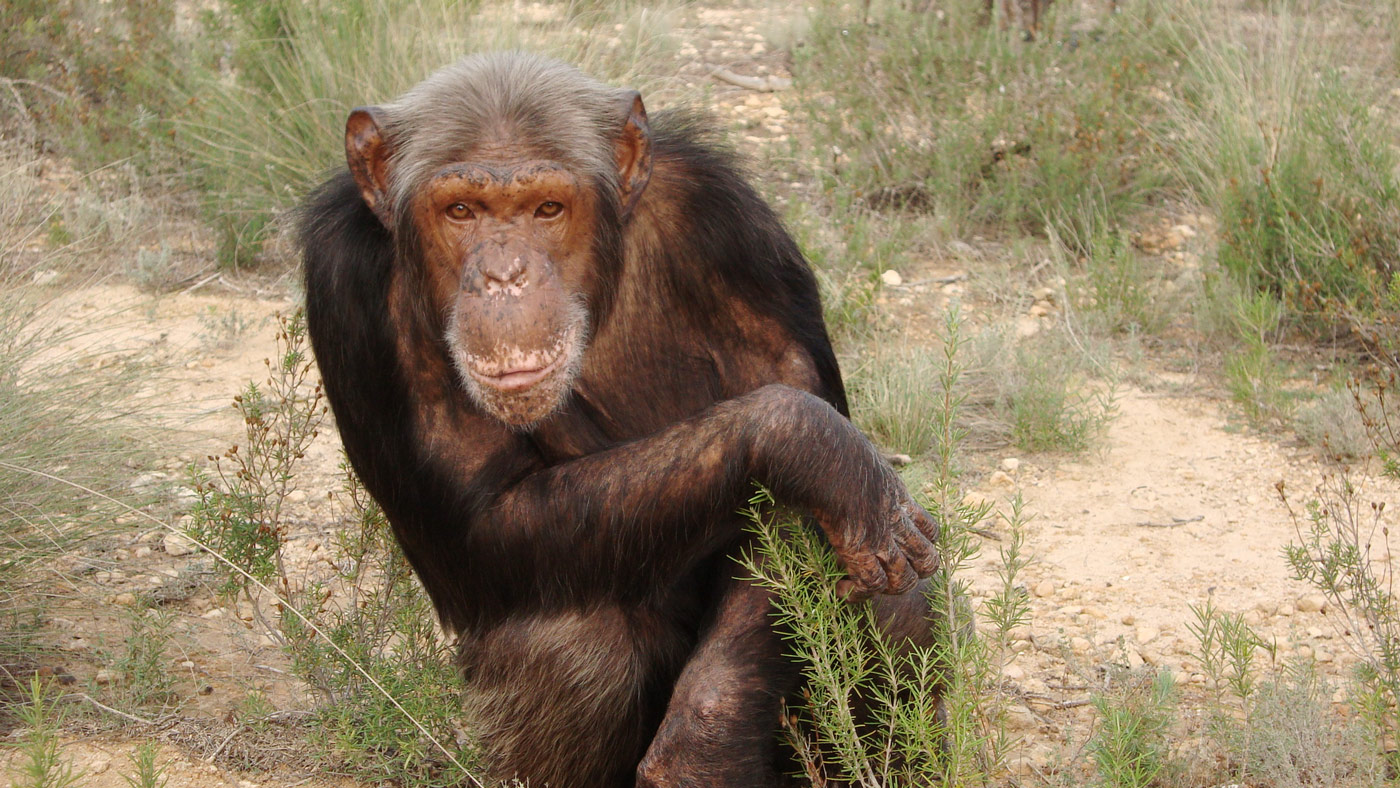

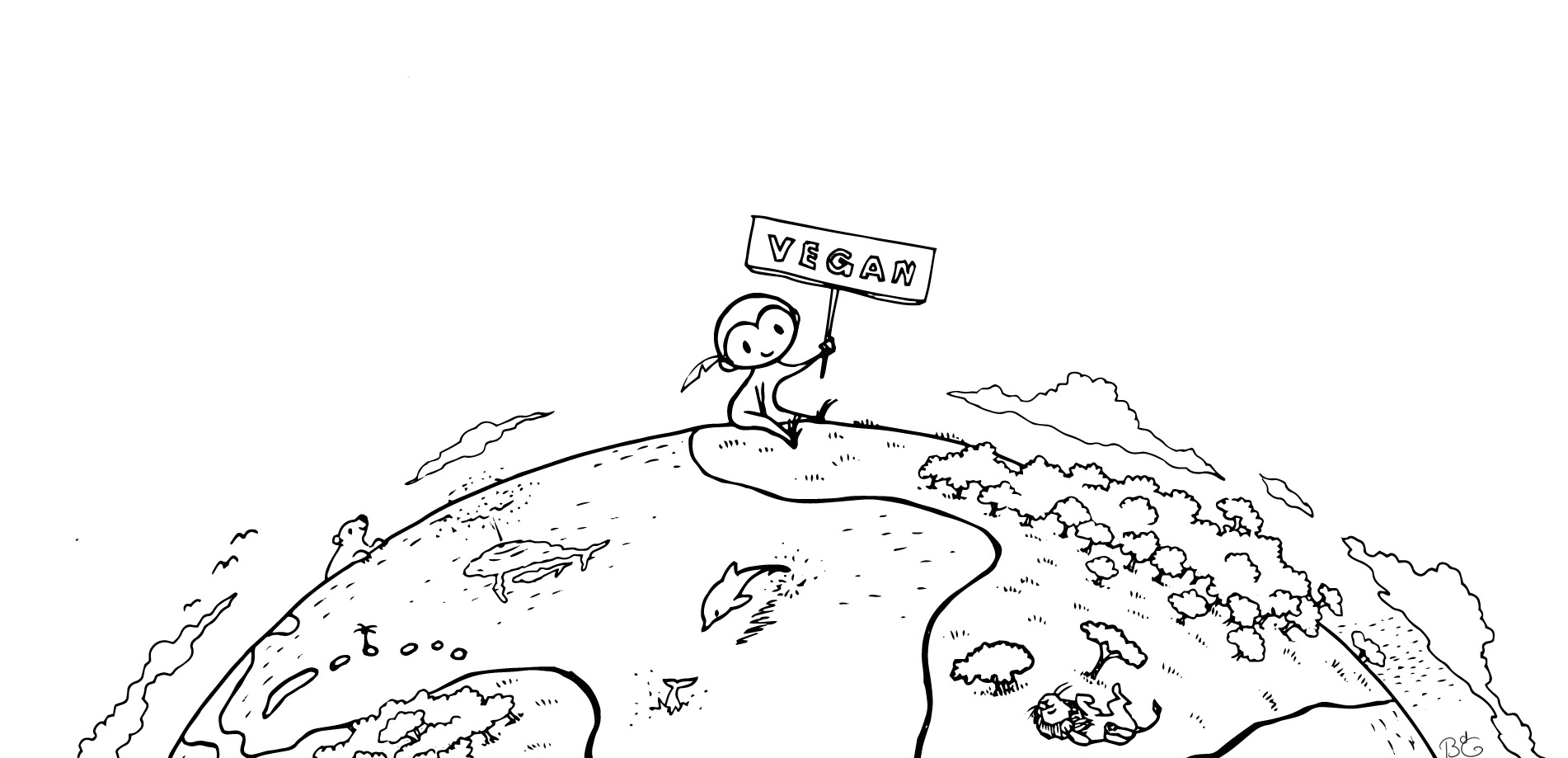
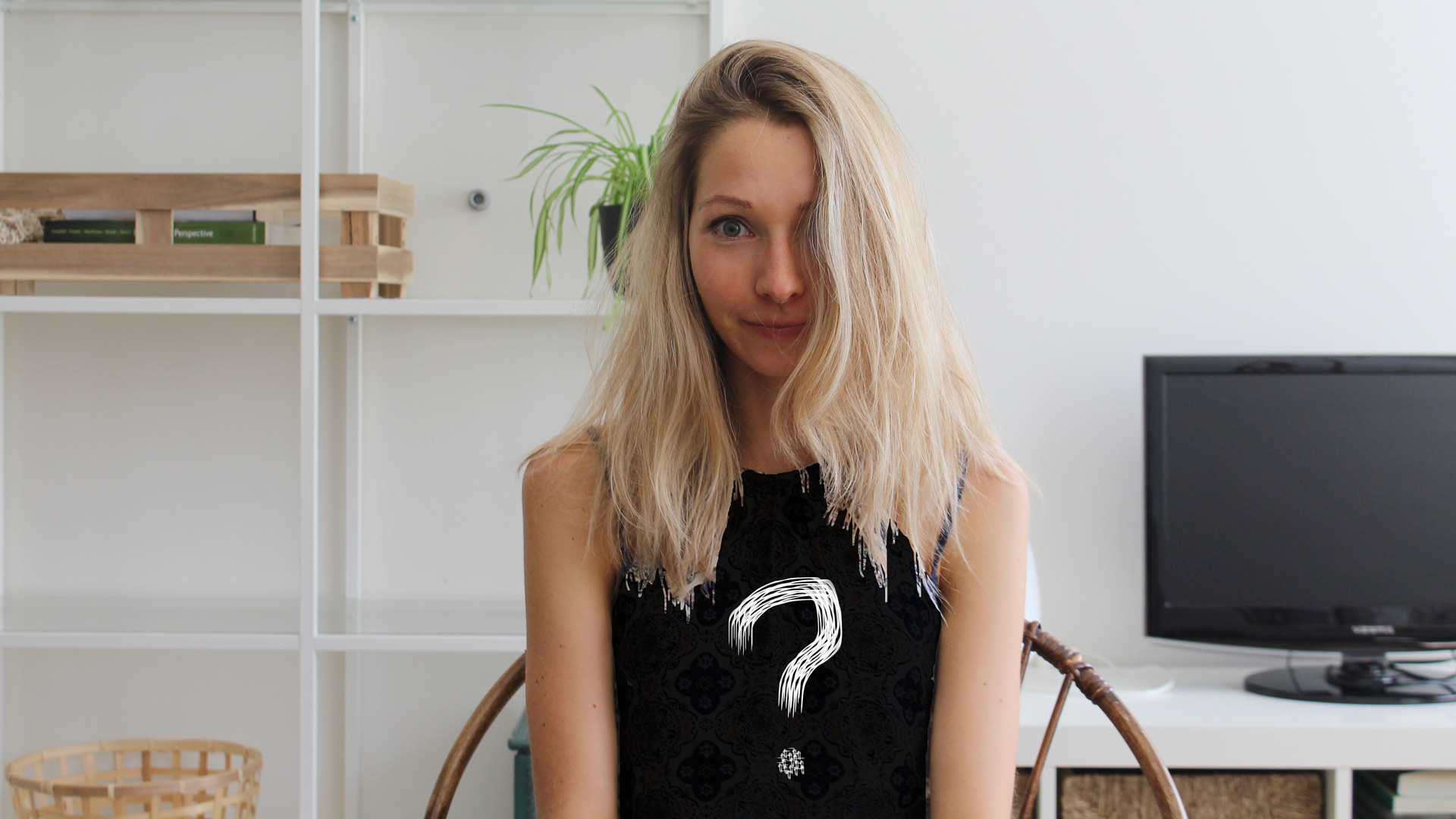
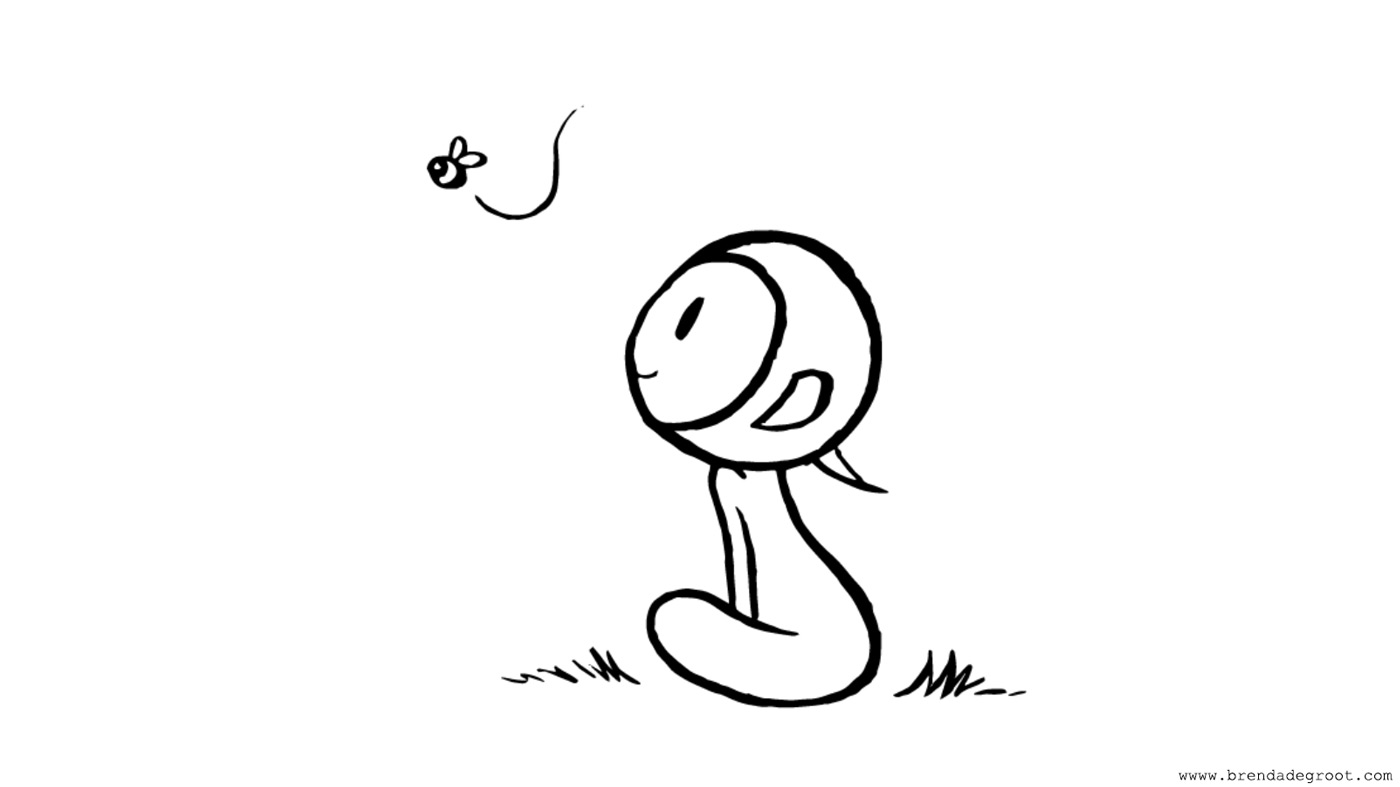


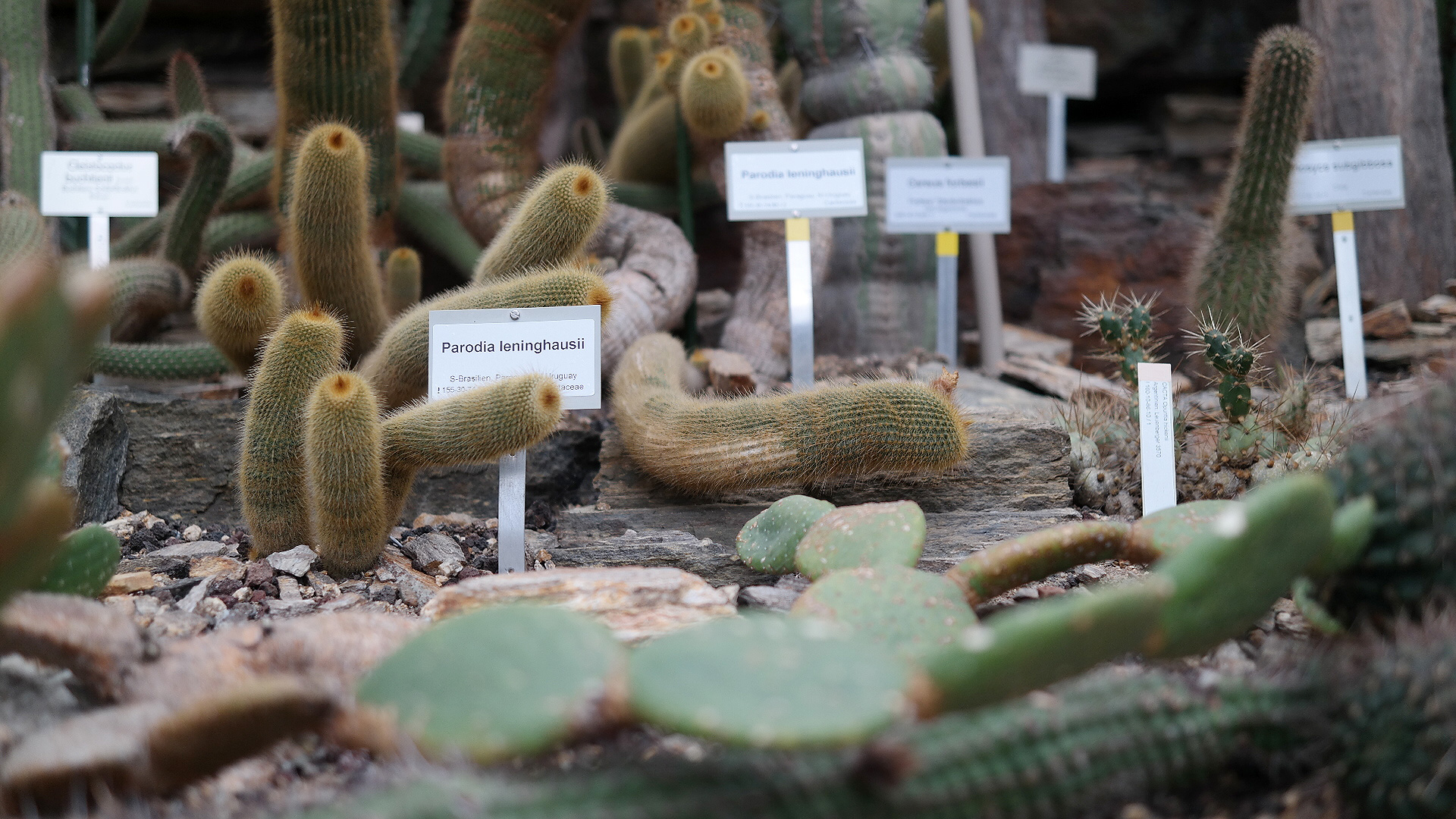


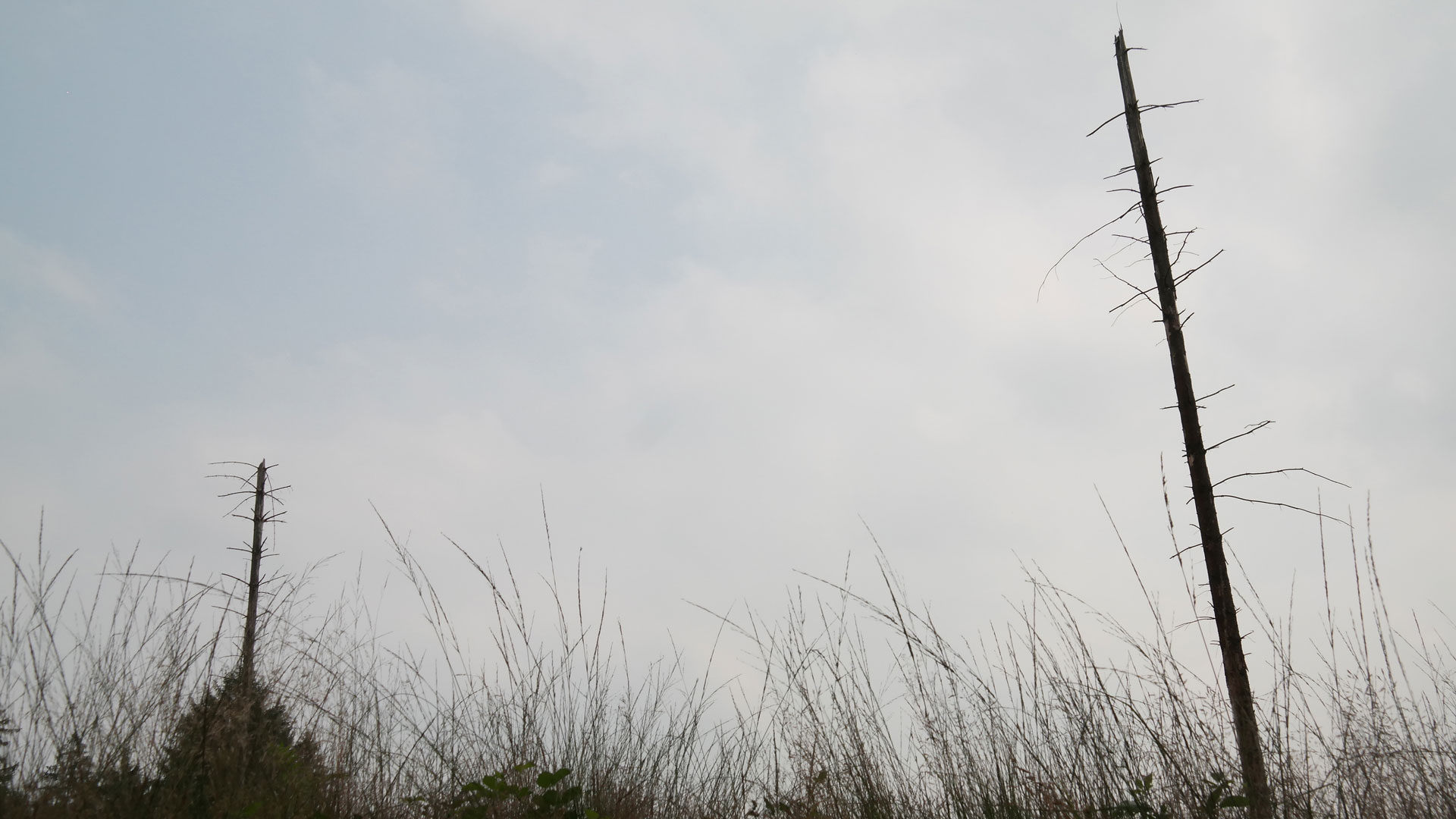



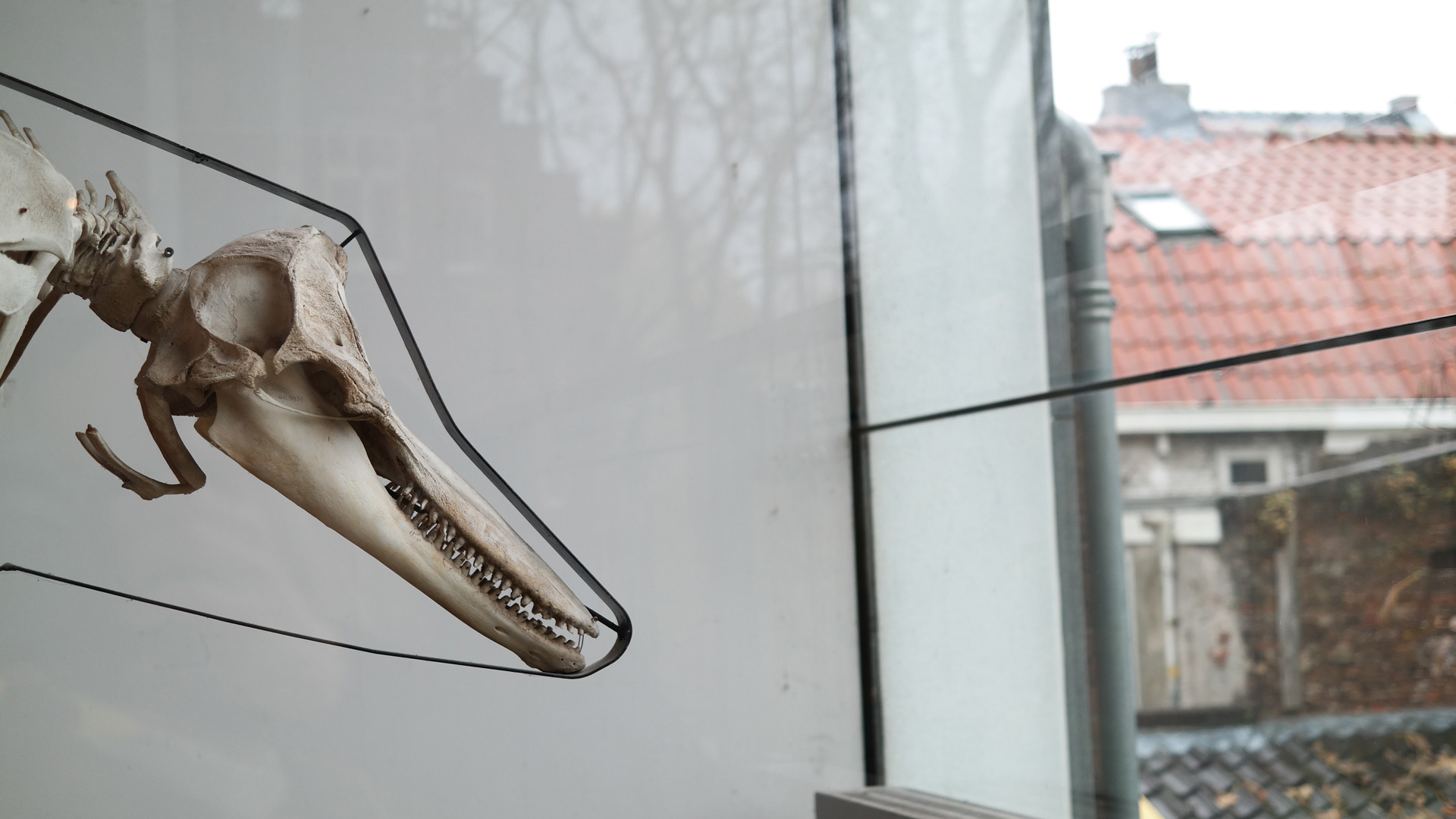

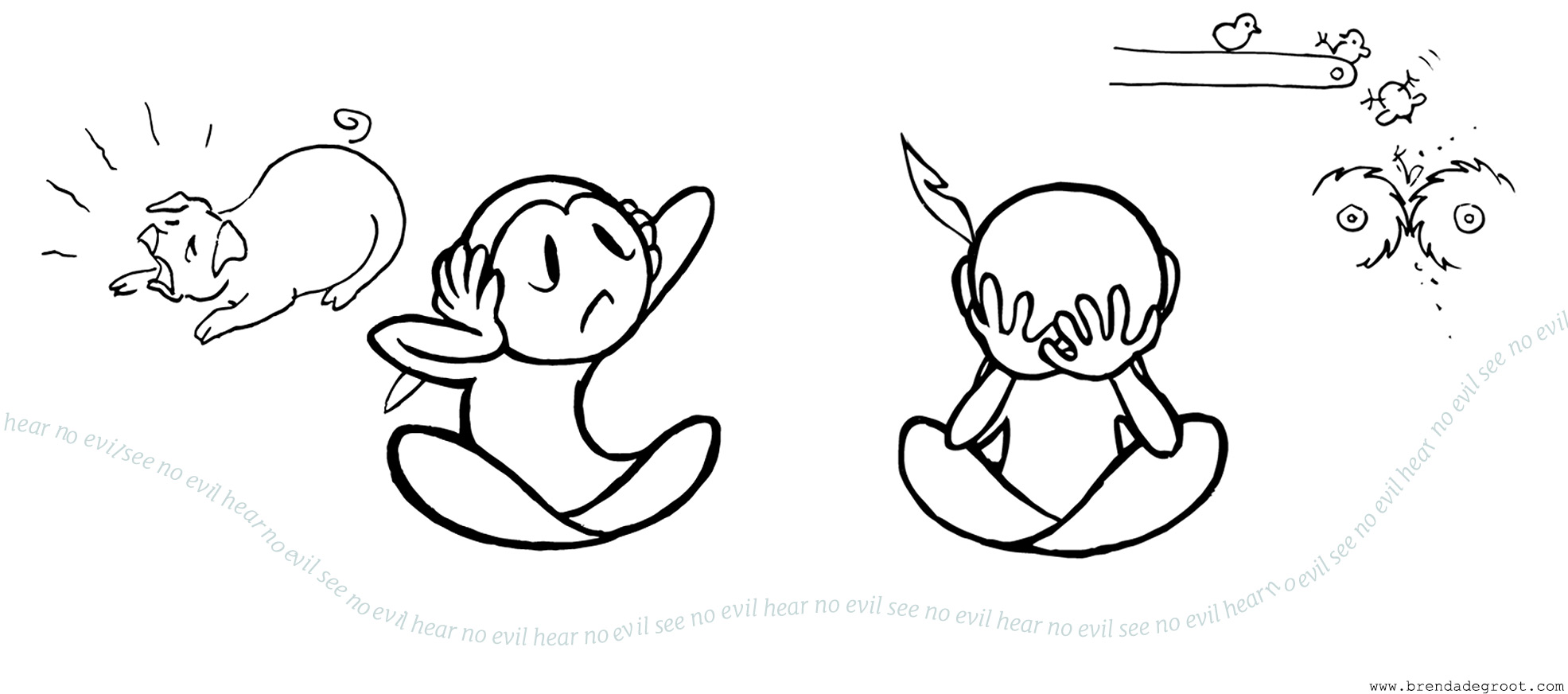



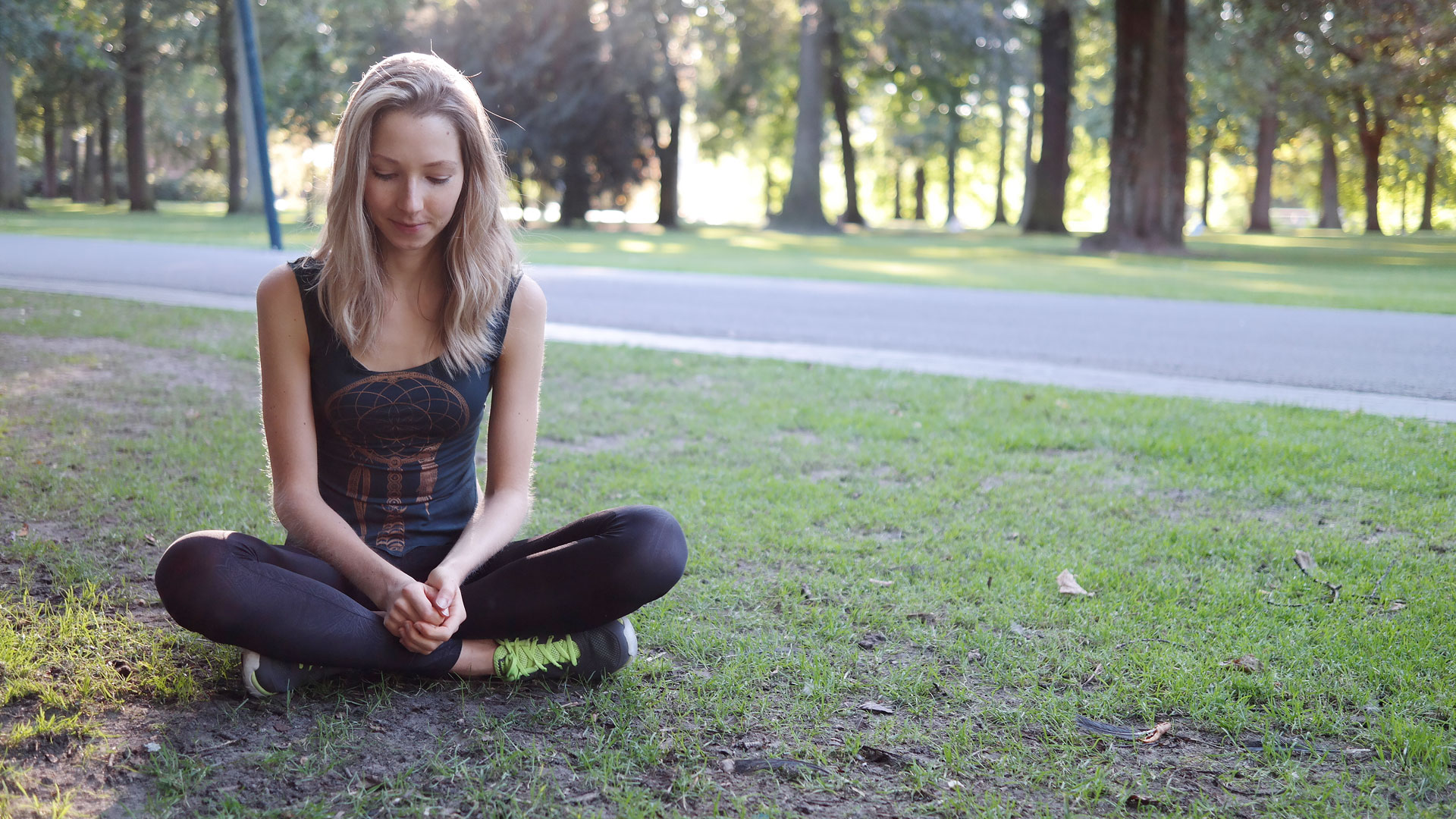






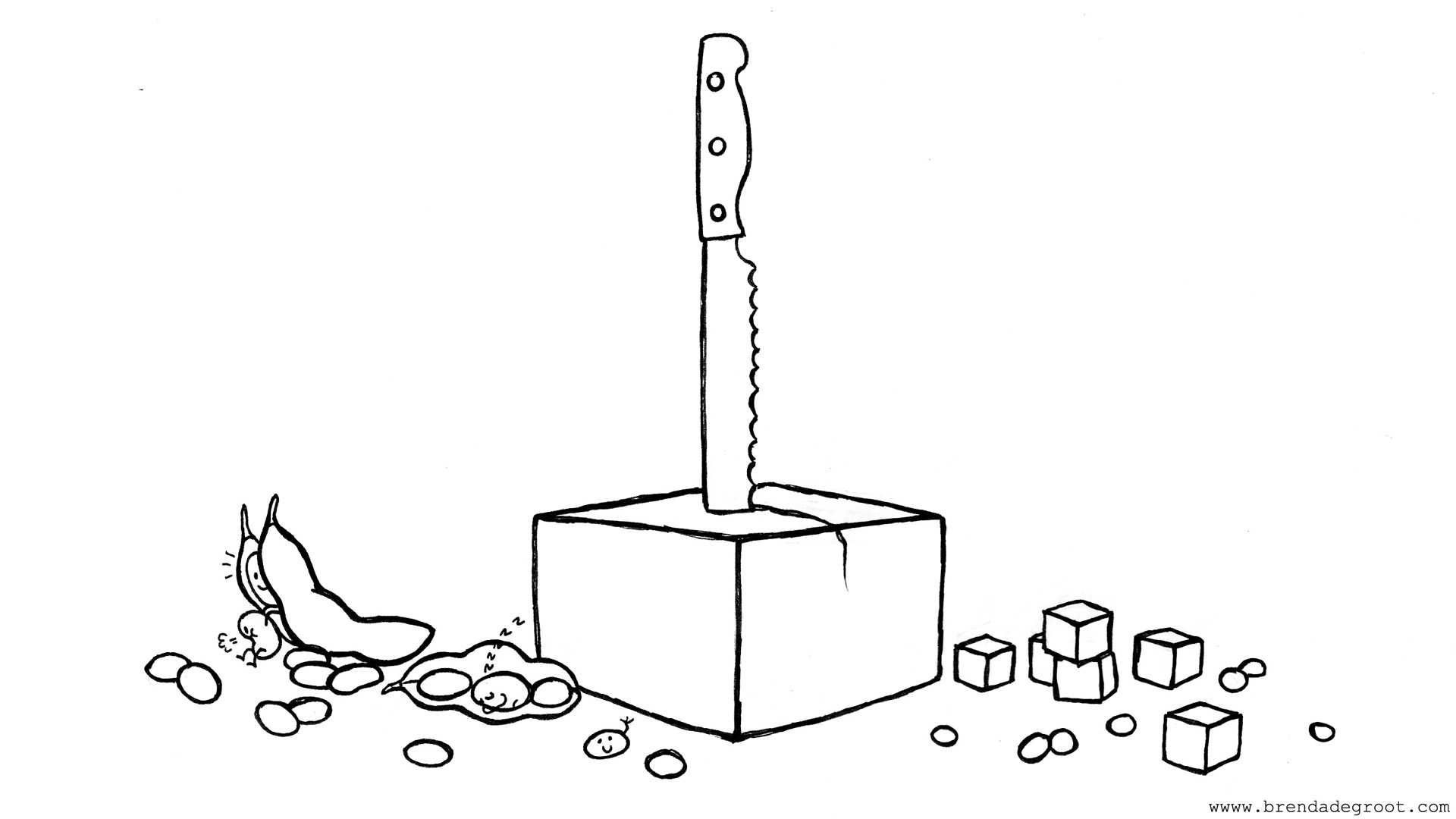




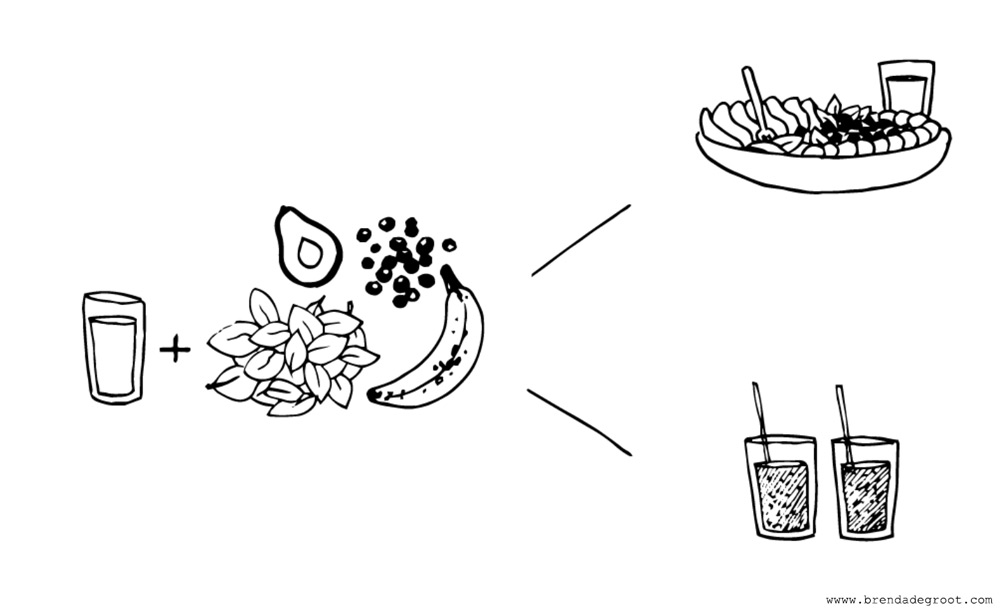

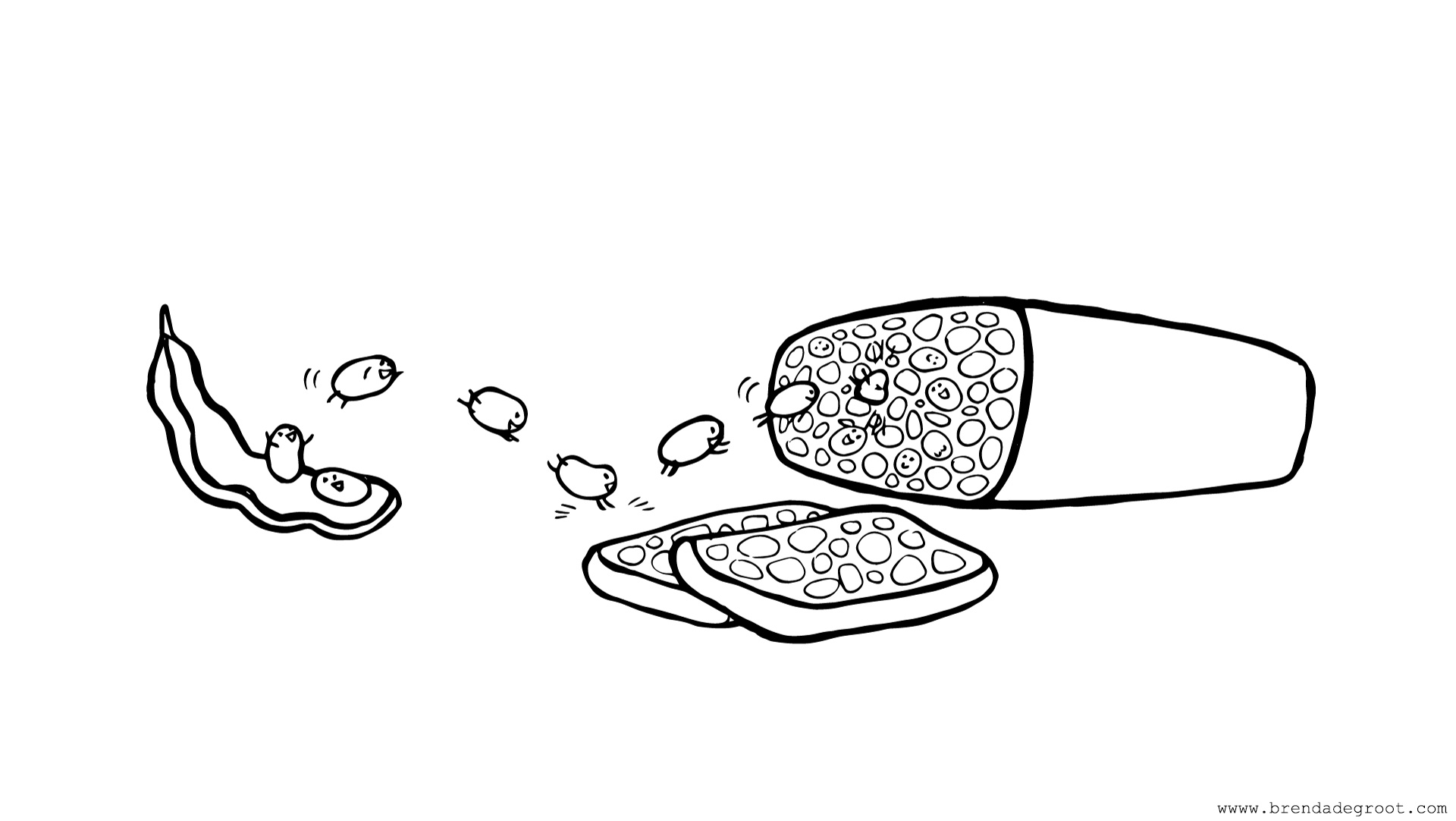



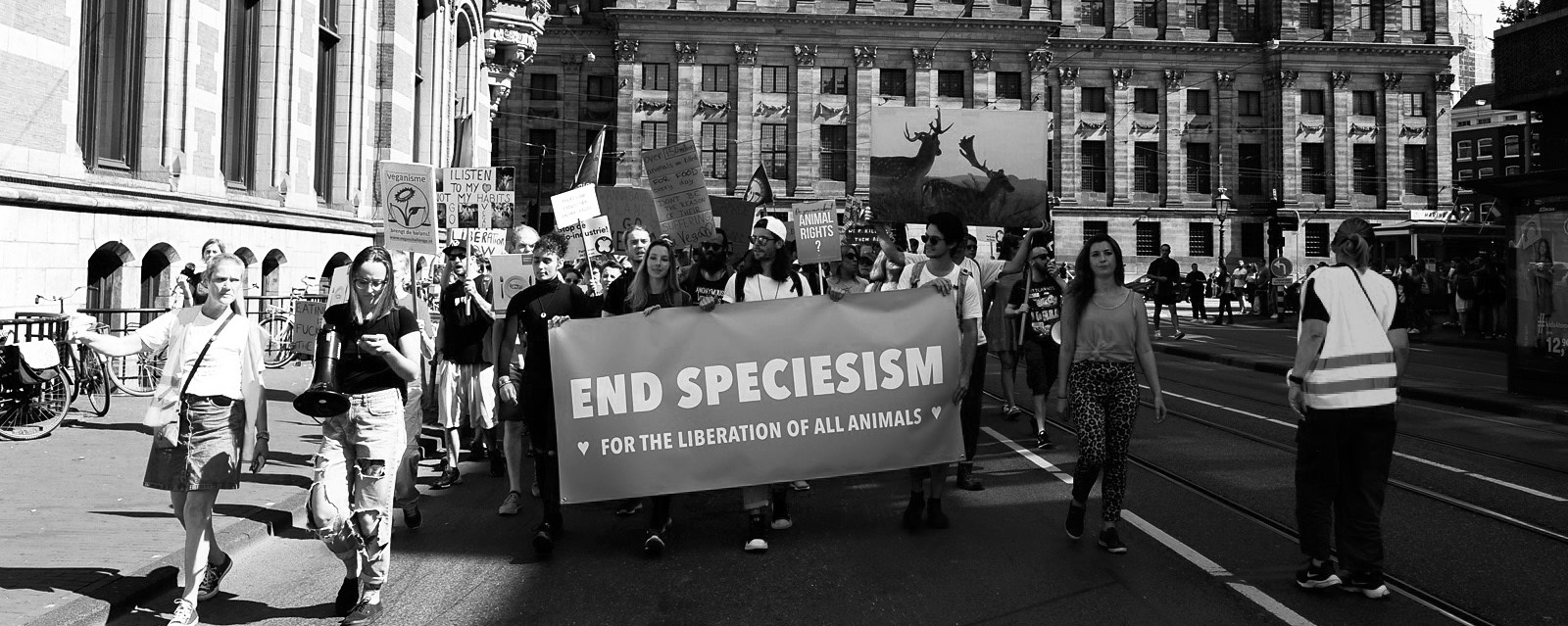

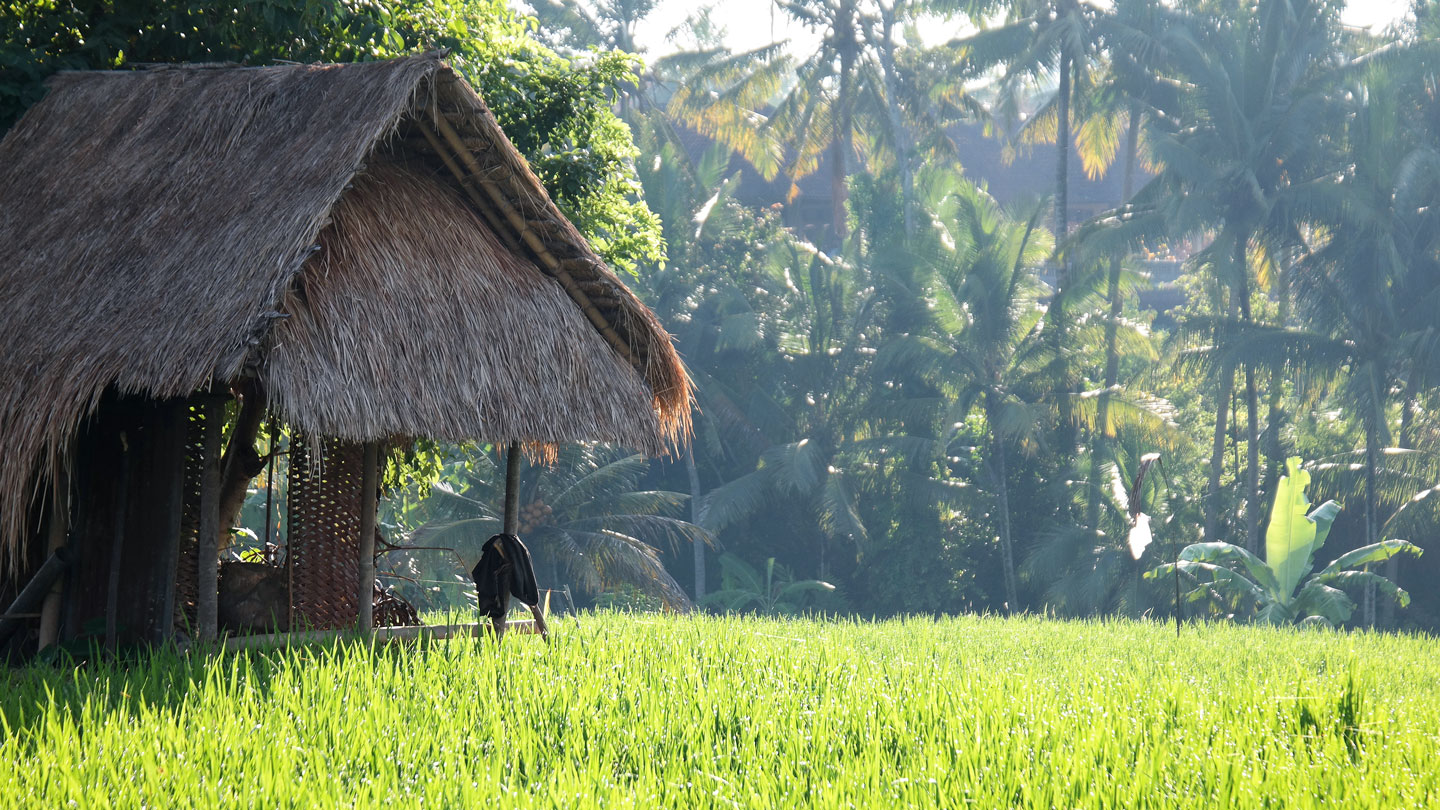

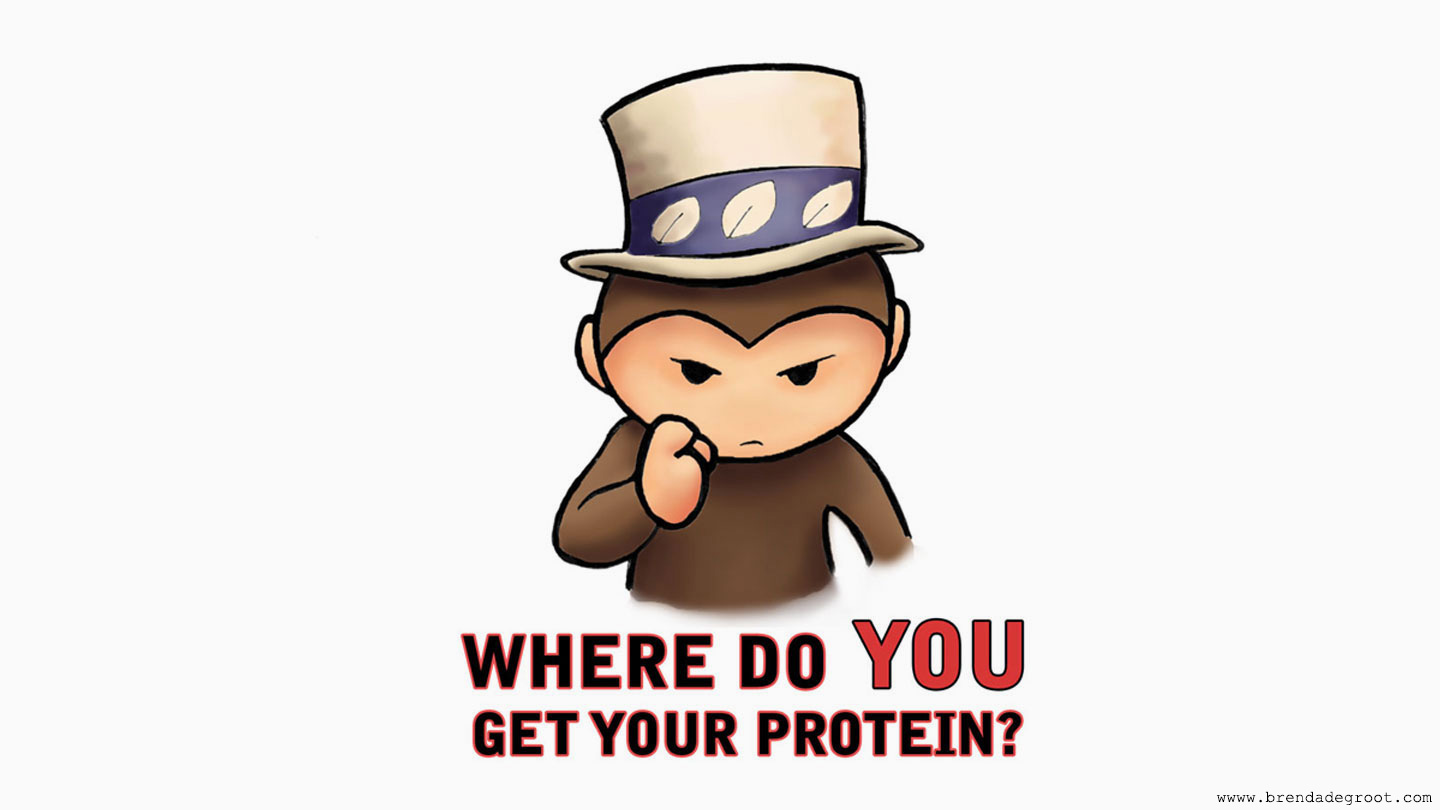


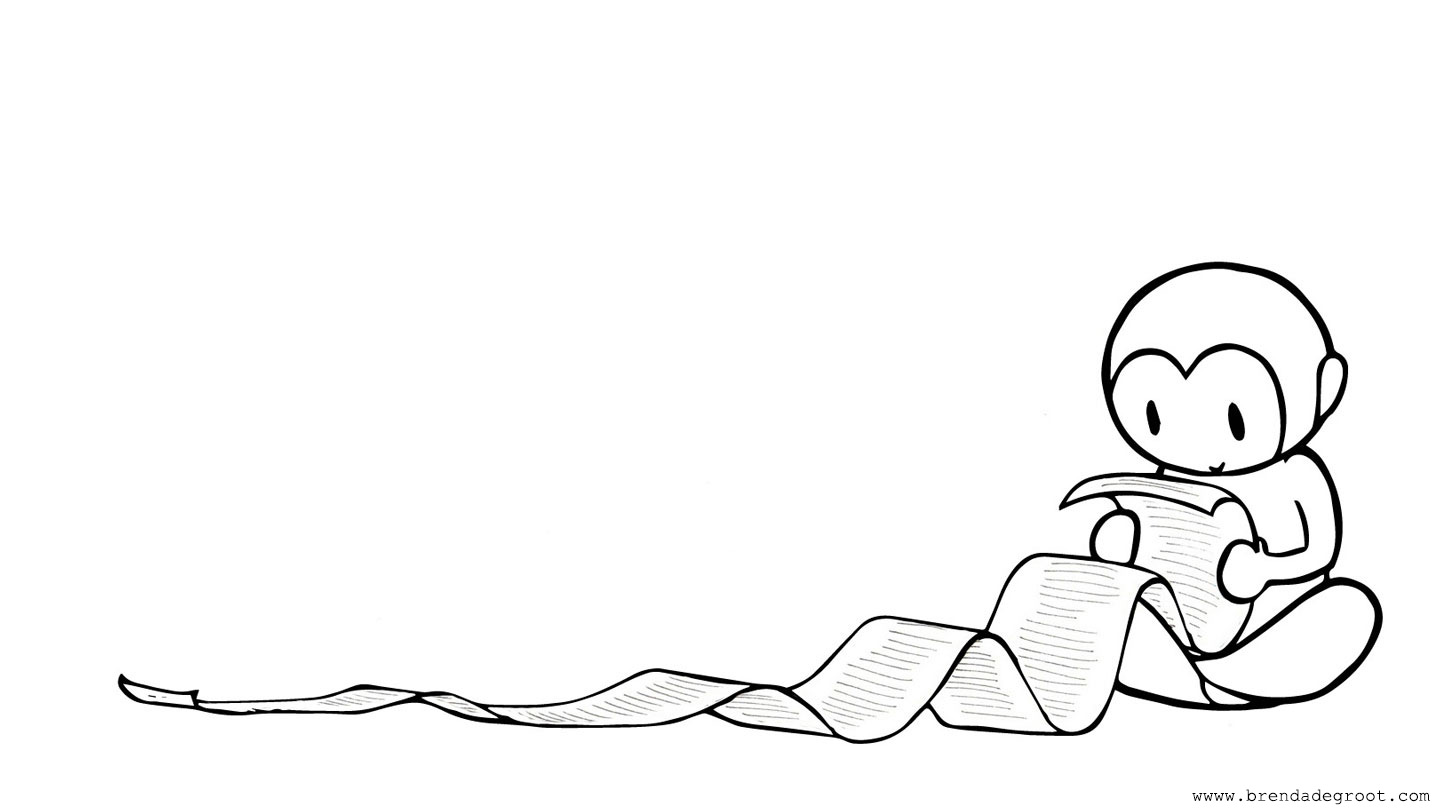




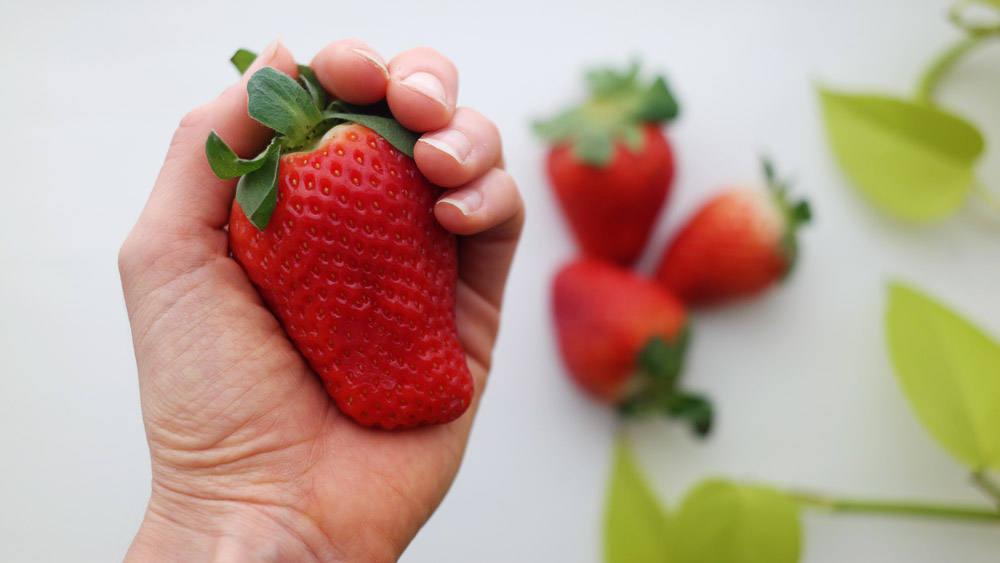
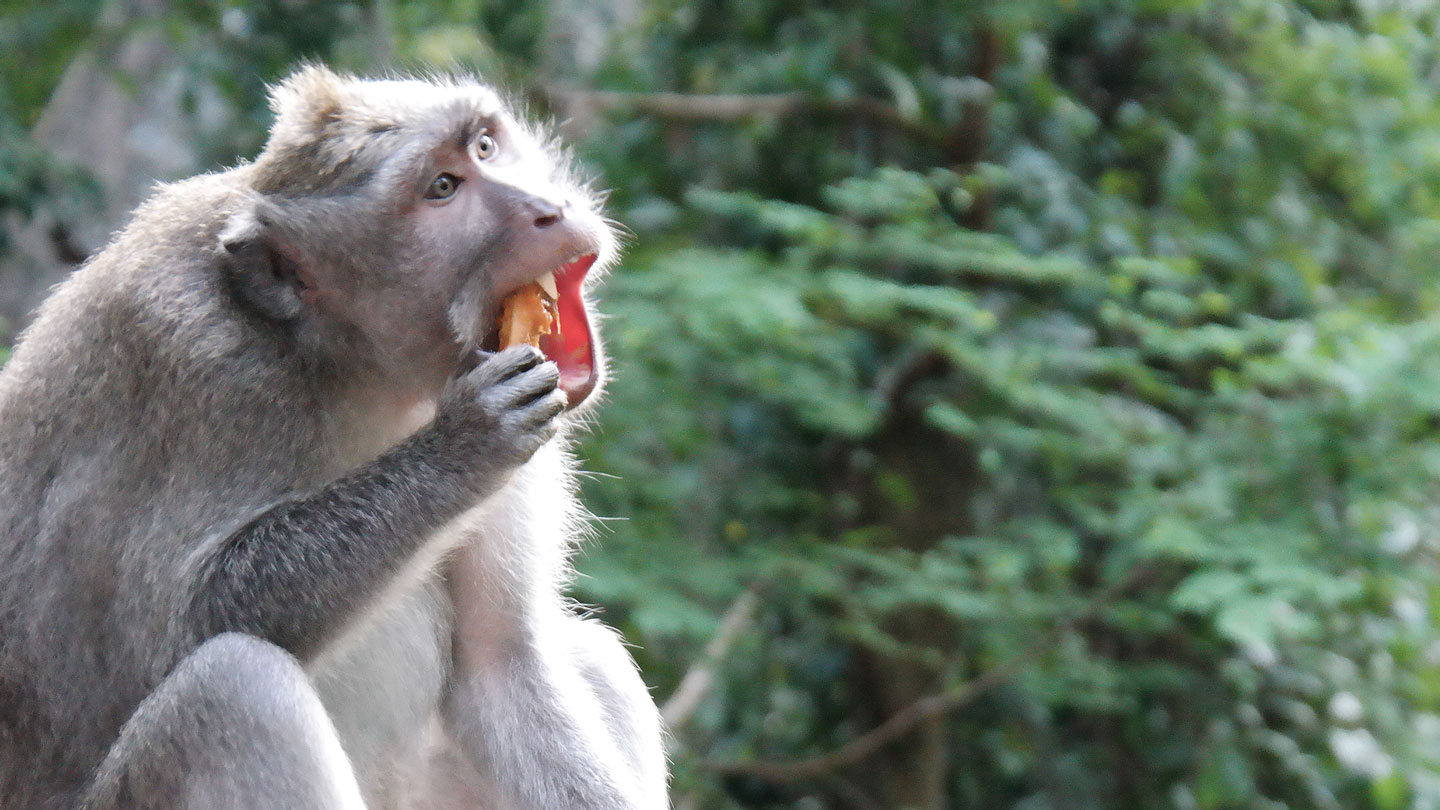

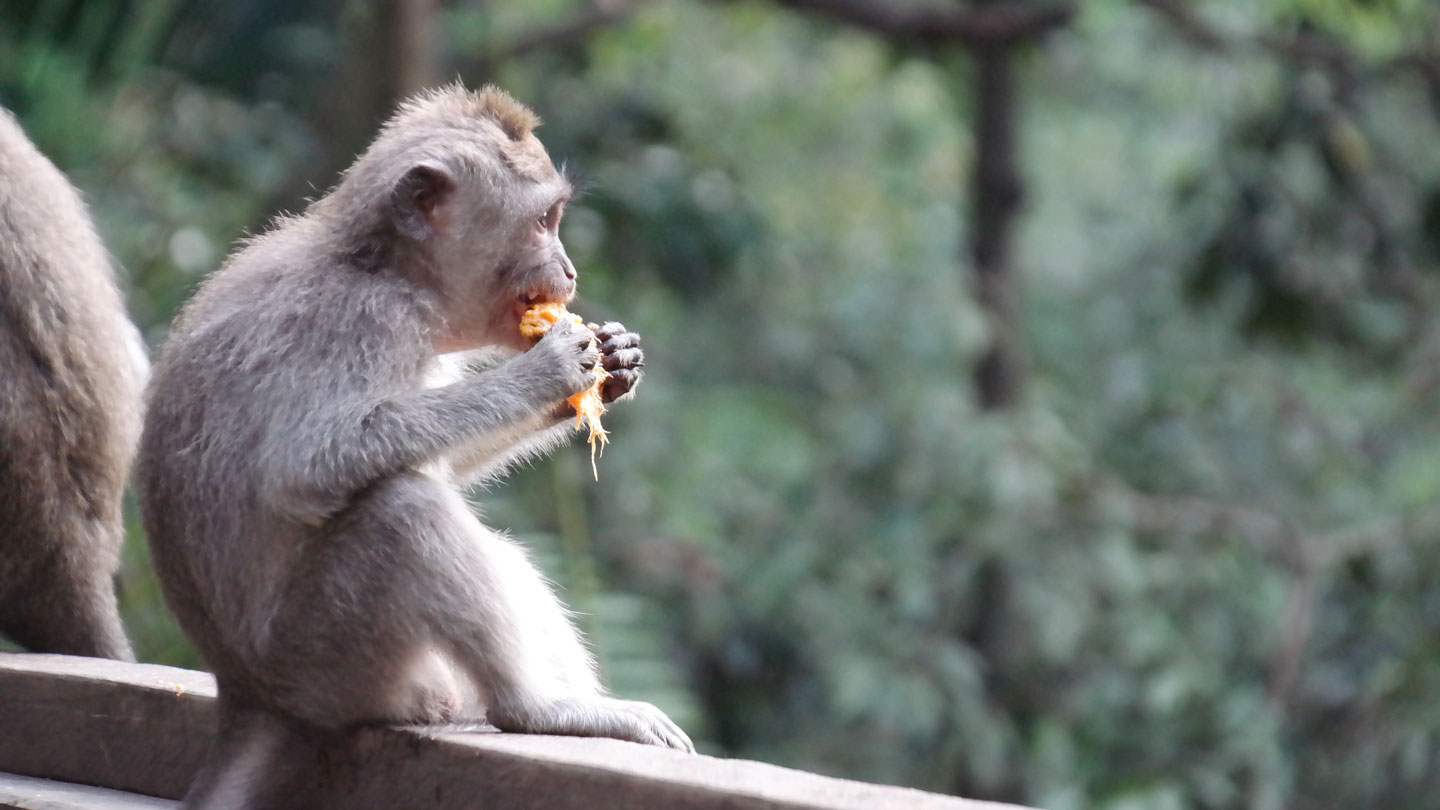





0 reacties